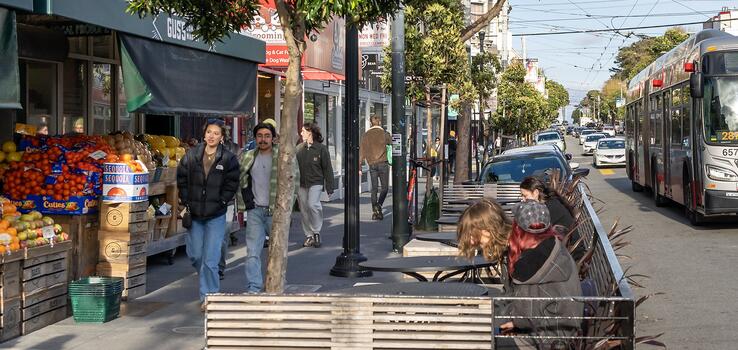
Economy
We believe: Prosperity is essential to a thriving region and should be planned for, supported, and shared so that all people can participate in and benefit from economic growth.

• Allocate resources to meet the needs of the most disadvantaged groups.
• Strengthen and expand the social safety net.
• Rebuild the middle class.
• Build effective and equitable fiscal policies.





